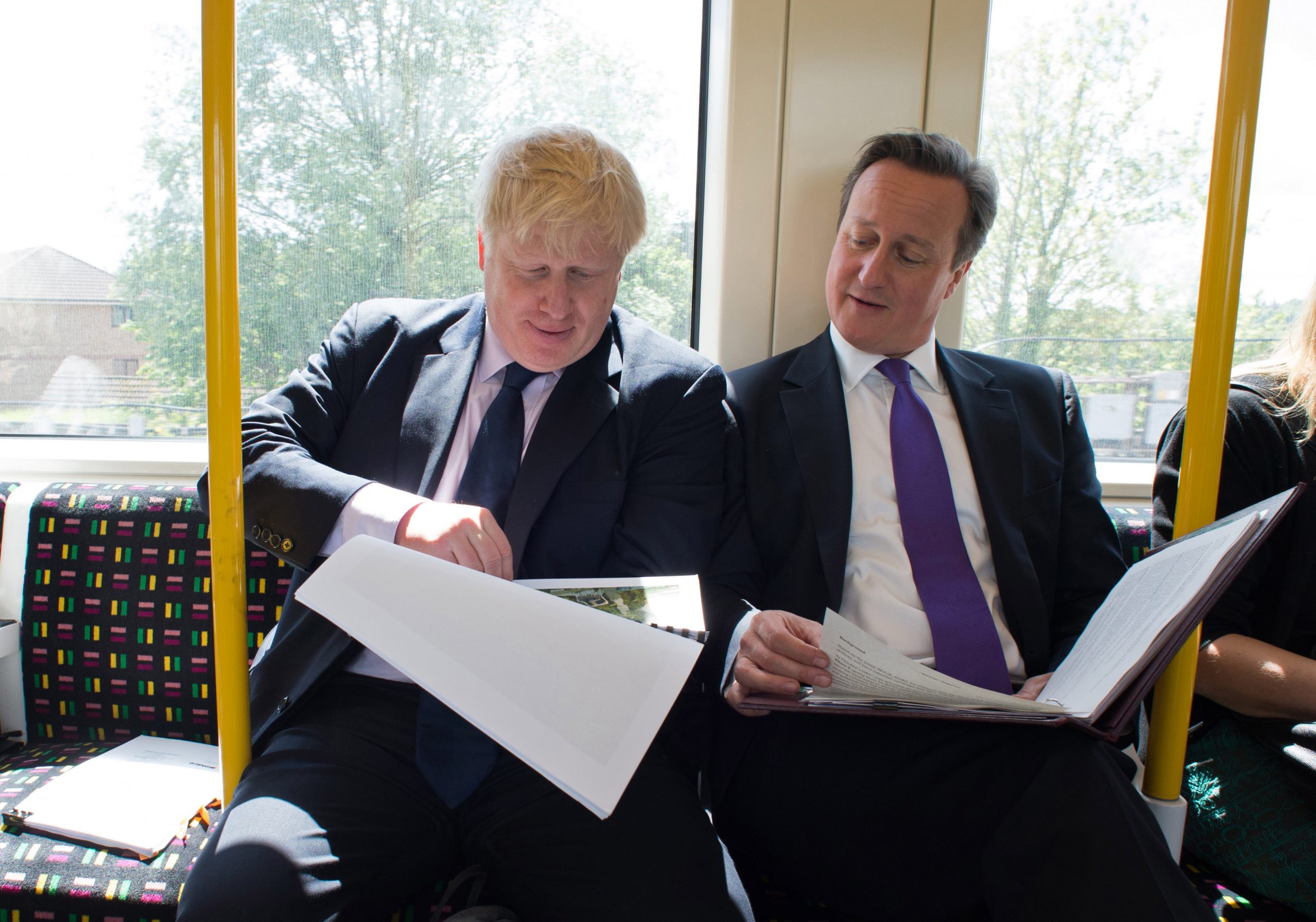
David Cameron actively lobbied cabinet ministers and civil servants for cheap government loans for Greensill Capital, the financial services company that collapsed last month. Cameron’s frantic lobbying was met with cooperation from Rishi Sunak, and a friendly drink with Matt Hancock. In 2011, Greensill, a firm set up to specialise in supply-chain financing, was brought in to advise the Cameron administration on controlling the cost of government contracts. Its billionaire owner, Lex Greensill, was given a Downing Street email address and landline. It now transpires that a senior civil servant, who became a Greensill director, started working for the company while still employed by the government. All of this is perhaps less surprising than that Boris Johnson’s administration is conducting an inquiry (however limited) into the matter.
This is hardly a government averse to being lobbied, taking cash for influence, or handing out rich contracts to political allies. Before Covid, it faced numerous accusations of electoral manipulation, lies, dark money and pork barrelling. Last December, an investigative report by the New York Times found that of £16bn spent by the government on Covid contracts, at least half went to firms that were either politically connected to the governing party, or had no prior experience in the area they were bidding on. The government also declined competitive tendering, according to the National Audit Office, for around £10.5bn worth of contracts.



